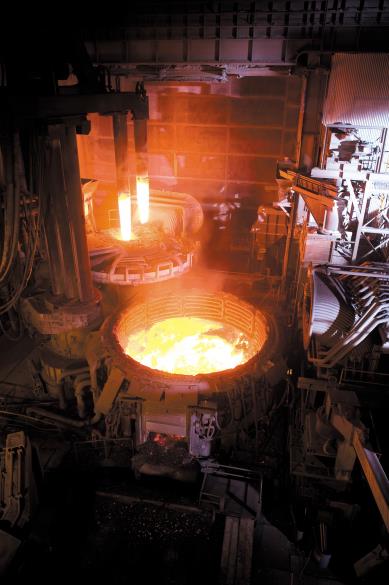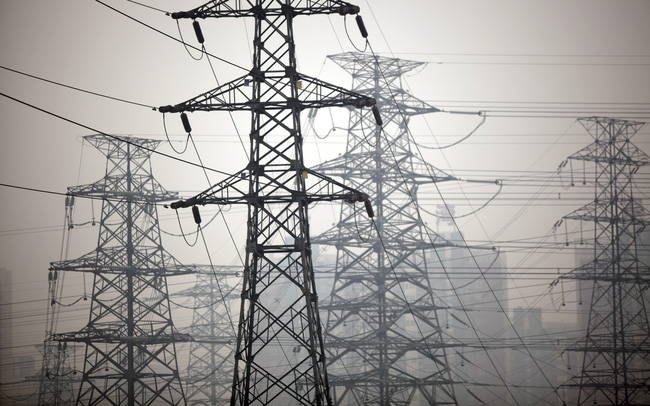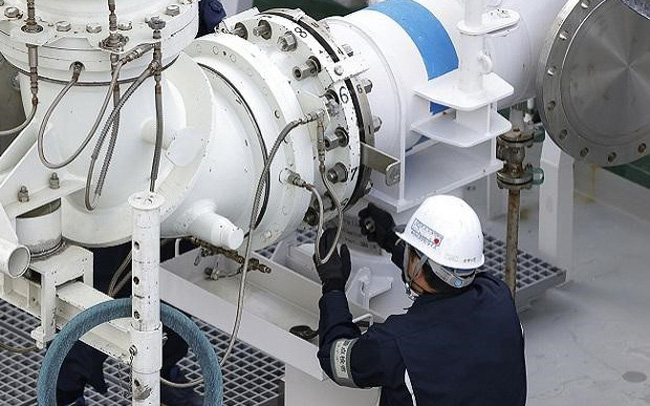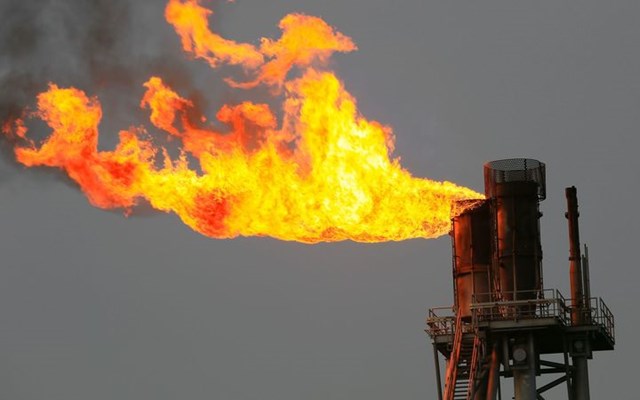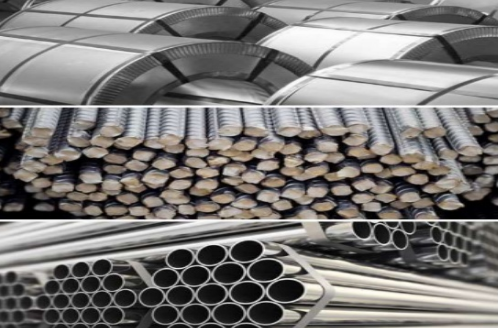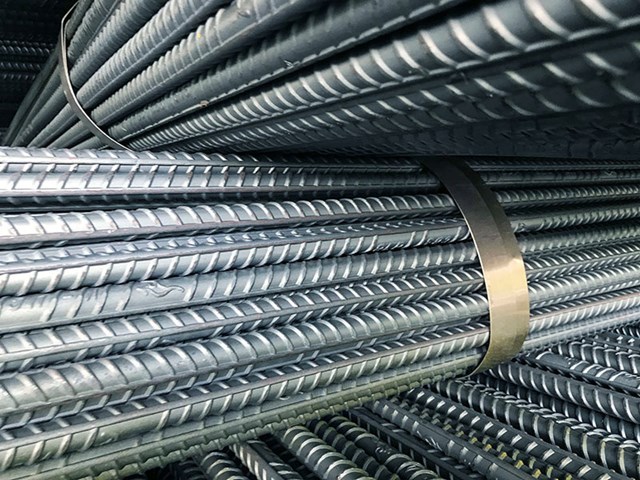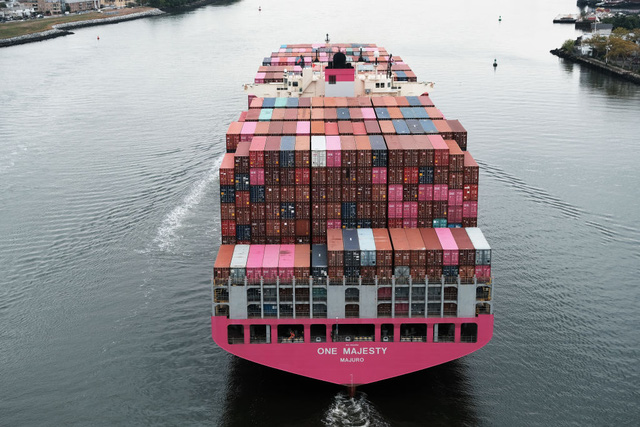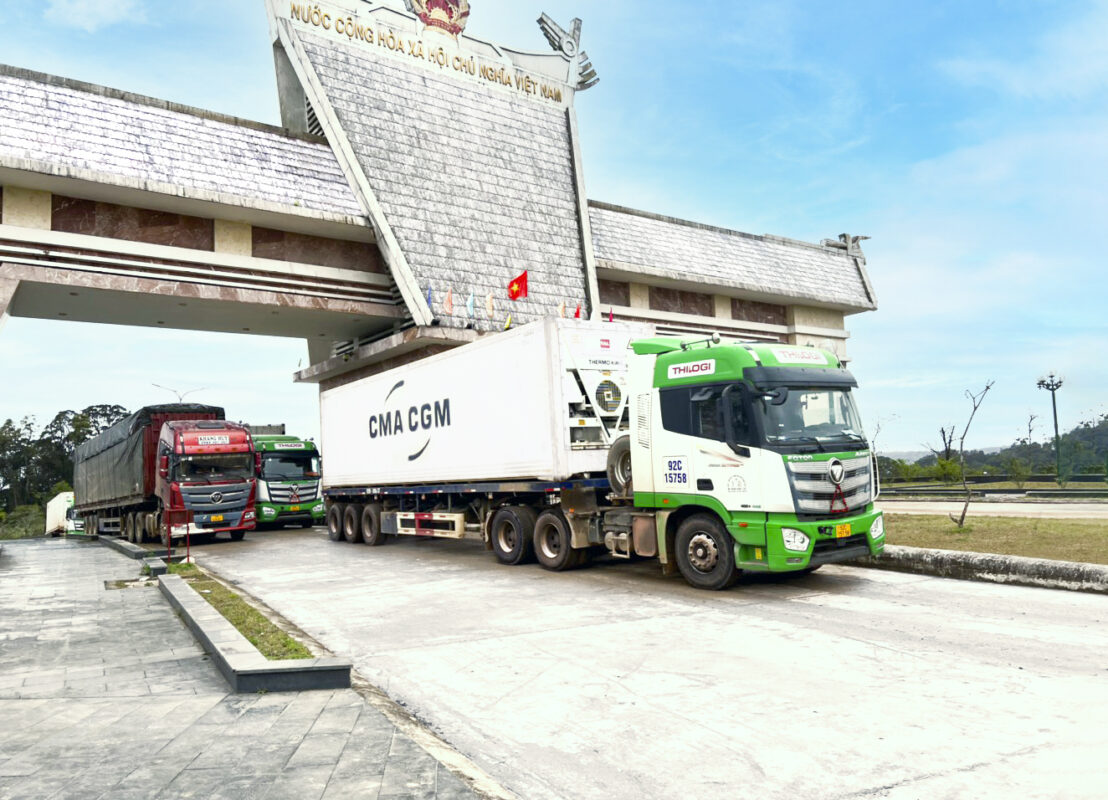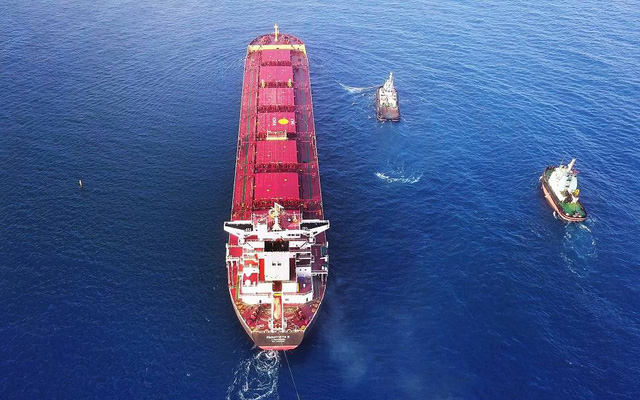Scrap steel prices climbed to a 13-year high as global demand trended upward.
Scrap steel, once considered junk, is now emerging as a strategic national resource as steelmakers recycle more scrap metal than before to reduce reliance on iron ore. as economies strive to cut carbon emissions globally.
Scrap steel is used together with coke at electric furnaces to produce steel.
Rising demand is pushing iron scrap prices to a 13-year high as scrap metal exporting countries have implemented export-restrictive measures, including the imposition of export duties.
Despite soaring prices, demand looks set to continue to grow as governments push producers to jointly deliver on their ambitious emissions reduction targets. Analysts warn of a scrap steel crisis if governments adopt additional measures to limit exports.
Korean steelmakers, led by POSCO, Hyundai Steel and DongKuk Steel Mill, are currently scrambling to source scrap steel from Japan, Russia and the US.
With such strong demand, the price of steel scrap imported from Japan to Korea currently averages nearly 70,000 yen ($615)/ton. The price of heavy melting scrap A, the reference for the Asian scrap market, rose to 605,000 won ($510) per tonne in the first week of November, up 94% year-on-year. prior to.
This is the first time since 2008, the price of scrap steel has surpassed the 600,000 won mark. In October alone, the price of recycled steel increased by 14%.
Scrap steel demand and price have the opportunity to increase further
Korea owns 85% of steel scrap, the rest annually imports between 4 million and 6 million tons of scrap metal from countries such as Russia, Japan and the US.
Currently, investors and analysts are of the same opinion that the price of recycled steel is expected to increase further and surpass the 670,000 won mark as governments are accelerating policy efforts to achieve zero gas targets. Emissions.
As steelmaking is believed to be a major cause of air pollution, global steelmakers, including Nippon Steel Corp. and ArcelorMittal S.A., have expanded the capacity of electric furnaces – which use scrap metal to make steel – to reduce dependence on iron ore.
For POSCO, South Korea’s No. 1 steelmaker, recycled steel accounts for 20% of the raw material used in furnaces in the country this year, compared with 15% the year before, and plans to increase to 30% by 2025.
Limited supply
The supply of scrap steel is not enough to meet the increasing demand. Scrap steel is filtered out from waste household appliances and scrap automobiles and construction materials.
The Eurasian Economic Commission, led by Russia, has considered implementing a ban on the export of iron scrap since June last year, when it increased the export tax on scrap steel from 15 euros to 70 euros per tonne.
Steel furnace of SeAH steel plant.
China until last year treated scrap steel as garbage and banned imports, but this year lifted the import ban. The country also announced a plan to increase the self-sufficiency rate of metal scrap to 90% by 2025.
The Ministry of Ecology and Environment said China aims to cut concentrations of hazardous airborne particles, known as PM2.5, by an average of 4% per year in key pollution control cities in the region. this fall and winter, and will continue to regulate production at steel mills
The sharp increase in scrap metal prices has caused a headache for the construction industry. Both Hyundai Steel and Dongkuk Steel recently converted rising iron scrap prices to rebar prices.
Rising steel prices have put builders in a difficult position, as the government is under pressure to keep housing prices stable. At the same time, rising scrap prices are expected to create a ‘ripple’ effect across a wide range of industries from automotive, shipbuilding to electronics. Iron scrap is widely used today to produce not only steel bars and beams for the construction industry, but also steel plates and sheets used for vehicles and boats.
A steel industry source said: “Iron ore and coal are considered the main raw materials of steel. “Now we also need to quote metal scrap into the price of steel products.”
With scrap steel prices fluctuating much higher than iron ore prices, in the range of +/- 100,000 won due to limited supply, a corresponding increase in sheet and plate prices is inevitable.
Reference.kedglobal
T&G International Joint Stock Company
Address: 352 Hue Street, Le Dai Hanh Ward, Hai Ba Trung District, Hanoi
Hotline: 0345786803
Email: hrm@tginterjsc.com
Website: http://tginternationaljsc.com



